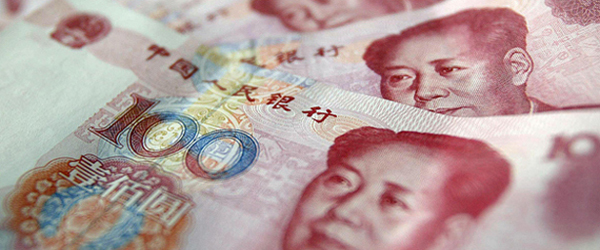Although the yuan is currently facing appreciation pressure, it’s possible that the currency will face depreciation pressure within two years, when China’s trade surplus falls to zero, according to ChinaDaily.
The report, quoting Li Daokui, a member of the central bank’s monetary policy committee, said within two years, China’s trade surplus is set to fall to around 1.5% and that figure will fall to zero within less than two years.
Meanwhile the current account balance is coming down as well, “and we’re on pace to be less than 4%”, Li was quoted saying.
He told the Chinese public not to be irritated by the pressures from the US on China for a stronger and faster yuan appreciation saying “the market will eventually find a good answer to all the political pressures.”
At a recent summit of the leaders of the Asia-Pacific economies, President Hu Jintao said China is following a responsible exchange-rate policy and shouldn’t be blamed for US economic woes. Hu’s comments came after US President Barack Obama expressed concern about the low level of yuan appreciation.
The mid-point of the yuan’s exchange rate against the US dollar stood at 6.3548 on Friday, a drop of 0.6% in the past two weeks.
But that decline followed an appreciation of 5% since the beginning of this year.
The depreciation pressure on the yuan is accumulating, because currency depreciation against the US dollar has been a universal phenomenon among emerging economies this year, said Mei Xinyu, a senior researcher at the Chinese Academy of International Trade and Economic Cooperation under the Ministry of Commerce, in an online research note.
The Chinese currency has risen 3% against the dollar since September, but the currencies of the other BRICS countries (Russia, Brazil, India and South Africa) have fallen at least 4% during the same period.
One of the reasons for the declines was the appreciation pressure on the dollar as the global economic downturn and uncertainties about the macro policies of emerging economies are highlighting the dollar’s role as a “safe haven” currency.
In response to Li’s comments, Gary Locke, the US Ambassador to China who attended the same conference, said that China should let the yuan “float freely” and allow the market to determine the exchange rate. Full story at ChinaDaily




